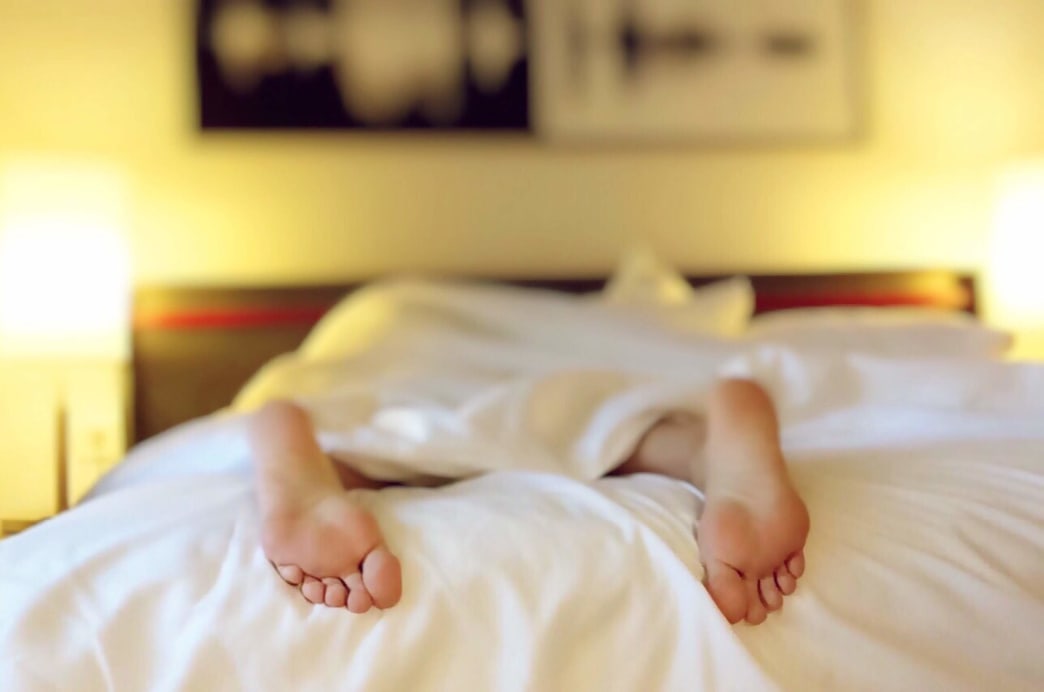
Does it surprise you that women who have children living at home are more likely to be sleep-deprived than women who do not? We suspect we know the answer. “Each child in the house [increases] the odds of insufficient sleep by 50 percent,” according to research study leader Kelly Sullivan. Women’s sleep can be impacted by many factors, including worrying about problems and your partner’s or child’s presence in your bed. Fortunately, these simple tips can help increase the quality of the time you spend underneath the covers.
Give Yourself a Bedtime
Set a regular sleep schedule - just like you do for your little one. You can actually train your body for bedtime by incorporating a nightly routine that includes getting in bed at the same time every night. Keep in mind the fact that waking up at the same time every morning is just as important. You cannot control when your kiddo might sneak into bed with you in the morning, but sticking to a routine can help your body adapt to a healthy, regular sleep schedule. A routine for bed is also something that can help promote sleep.
Avoid Caffeine in the Afternoon
Resist the allure of the afternoon pick-me-up. Since caffeine is a stimulant, it can keep you alert for up to six hours after you consume it. We know how tempting it can be - especially when you feel like you’re in need of ZZZs. Be sure to limit the amount of caffeine you take in after 2pm. Remember caffeine is not only found in coffee, but also in tea, energy drinks, and soda. All people know if they are extremely sensitive to caffeine so make sure that you stop consumption accordingly.
Embrace the Power Nap
Our kids might really be on to something. A short nap can give your body the energy boost it needs to make it through the rest of the day. Make sure you keep your naps short. We’re talking thirty minutes or less. If you nap for longer than that, your body may think that it is about to get a full eight hours of sleep, which can throw off your sleep cycle even more. Longer naps might make you feel like you are more tired than when you laid down. Your sleep cycle is extremely important so setting an alarm for a short nap could be the best course of action.
Turn Off Your Phone
No, really. Looking at screens before you go to bed can impact your sleep cycle greatly. The blue light emitted from these devices makes your brain think that it’s daytime, which makes it significantly harder for you to fall asleep. Devices can also provide stimulation - especially from emails and social media - that makes it even harder to fall asleep. Shut off your electronics 30-60 minutes before bedtime.
Written by Natalie Bracco for Working Mother and legally licensed through the Matcha publisher network. Please direct all licensing questions to legal@getmatcha.com.


